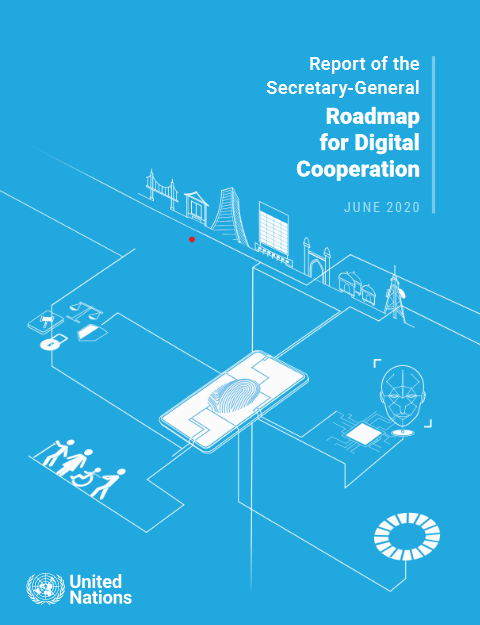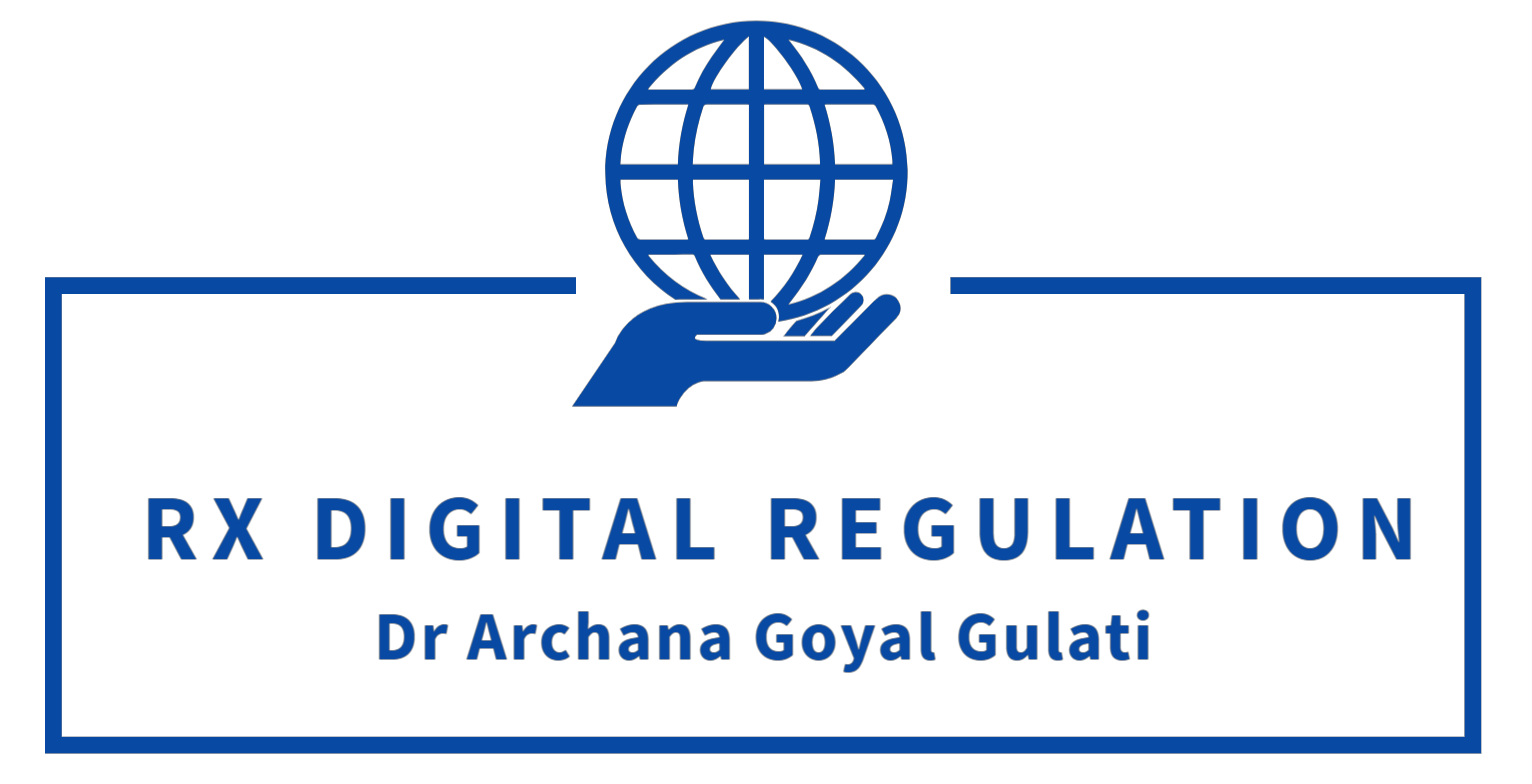
International Cooperation on Regulation of Digital Markets

I am sharing a contribution I made during at a meeting about the UN’s Digital Cooperation Initiative at a conference in New Delhi. This has since been incorporated into the UN Report. An excerpt of my intervention:
‘The old regulatory silos of telecom (networks and services), IT (OTTs, internet content, cloud computing, cyber security etc.), financial services (e-payments), Information & Broadcasting (content) etc. may actually be impeding the efforts of governments across the world to address challenges emanating from the digital economy. This is particularly relevant for developing countries.
Addressing the digital divide requires a holistic approach addressing both supply (infrastructure and services) and demand side (skills capacity building) initiatives. Many challenges emanate from e-markets such as data collection and processing, complex competition and consumer protection issues (e.g. those arising from the market power of large e-platforms), which particularly developing nations may be ill-equipped to deal with. This is all the more pertinent given that developing country markets are among the most sigificant sources of data and revenue for the large global digital players but need capacity building to tackle these complex issues. This calls for international cooperation. Not only will the lack of uniformity in the international approach harm the growth of digital markets which cut across borders (e.g. mismatched approaches towards data protection, taxation and competition law), but the lack of capacities can also be harmful from the viewpoint of exploitation of consumers.
This calls for global consensus on standards, principles and practices. As a senior officer from the telecom department, I have participated in ITU deliberations and often seen how such bodies, despite their tremendous contribution, are handicapped by the aforementioned silos when it comes to progressing discussions on complex issues surrounding digital markets. Thus, while the ITU has been discussing data protection and privacy, OTTs and competition issues during the deliberations of the current cycle of ITU Development Sector’s Study Group 1, and I have personally made contributions and presentations on this matter, we are also stymied by issues of mandate.
As a method of dealing with the above-mentioned challenges, I would like to suggest that the UN could in fact, help by encouraging nations across the world to create an informal yet international body to address these challenges. My experience at with the the International Competition Network’s (ICN) suggests that the model followed by the ICN is very useful.
It is an informal yet effective institution that does not make rules but arrives at best practices that member states can adopt. It is a professional, global organisation led by national governments (competition regulators). It is focused on real-world competition issues and is relatively free from bureaucracy. It covers almost every facet of competition law organised into relevant verticals. It has active participation from NGAs and academia. It has contributed tremendously to voluntary internationally accepted standards, consensus building and capacity building and has promoted global business by facilitating multi-jurisdictional competition compliance. At the same time, it has served as a valuable forum for learning, collaboration, exchange and capacity building.
This model can very usefully be adapted to suit the multi-faceted needs of digital cooperation.”

